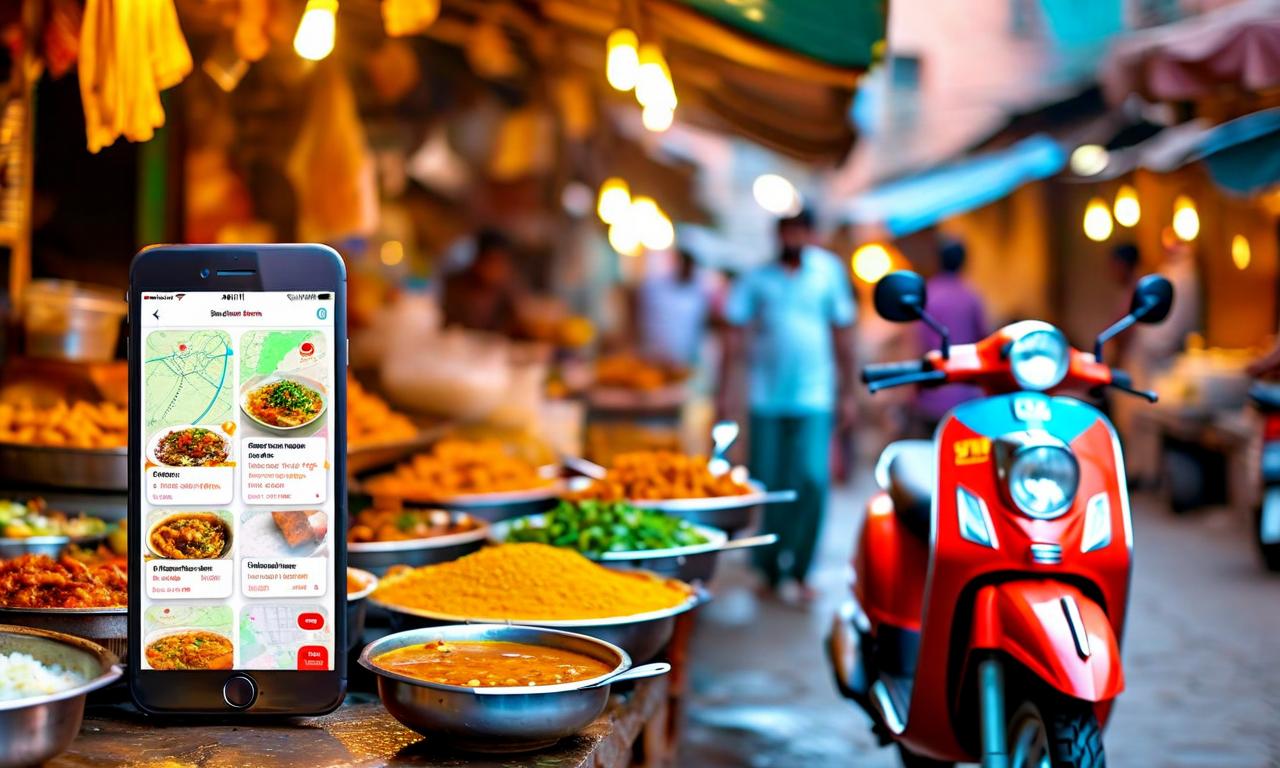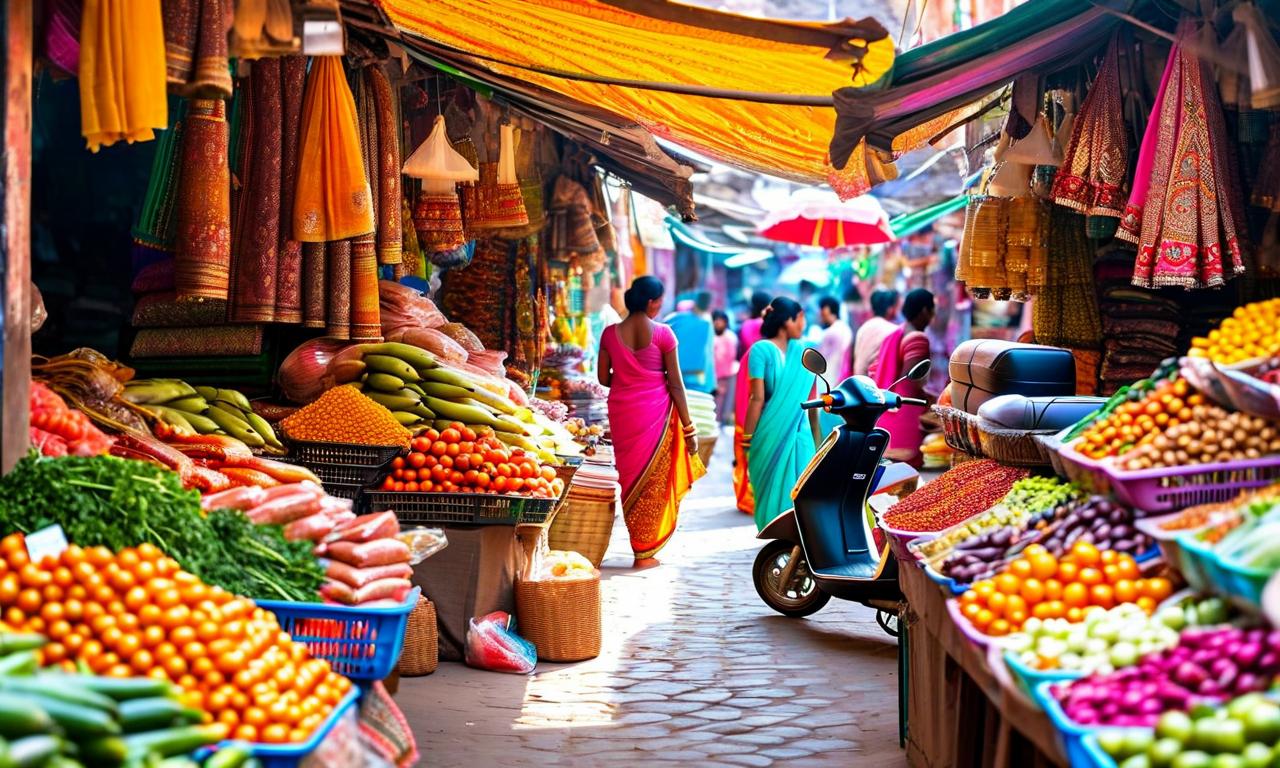18% GST on Delivery Fees: Zomato, Swiggy, and Blinkit Face Margin Pressure
Finance Minister Nirmala Sitharaman announced an 18% GST on delivery fees for food delivery and quick commerce platforms, effective September 22. This change brings local e-commerce delivery services under Section 9(5) of the CGST Act. Morgan Stanley estimates additional costs per order: Zomato (Food Delivery) Rs 2.00, Swiggy (Food Delivery) Rs 2.60, Swiggy (Instamart) Rs 0.80. Zomato's Blinkit is insulated as it was already subject to GST. Initial market reaction saw Swiggy shares fall 1.50%, while Zomato's parent company remained nearly flat. Analysts believe companies may pass these costs to consumers, but this could challenge platforms operating on thin margins.

*this image is generated using AI for illustrative purposes only.
Finance Minister Nirmala Sitharaman has announced a significant change in the taxation landscape for food delivery and quick commerce platforms. Delivery fees for these services will now attract an 18% Goods and Services Tax (GST), a move that could potentially impact the margins of major players in the industry.
New Tax Regime
The GST Council has brought local e-commerce delivery services under Section 9(5) of the CGST Act. This decision effectively closes a loophole that platforms like Zomato, Swiggy, and Blinkit had been using to avoid taxes on delivery charges. The new rules are set to take effect from September 22.
Impact on Major Players
Morgan Stanley has provided estimates on how this new tax will affect different companies:
| Company | Business Segment | Additional Cost per Order |
|---|---|---|
| Zomato | Food Delivery | Rs 2.00 |
| Swiggy | Food Delivery | Rs 2.60 |
| Swiggy | Instamart | Rs 0.80 |
| Zomato | Blinkit | Insulated (Already subject to GST) |
Zomato's Blinkit appears to be insulated from this change as its delivery fees were already subject to GST.
Market Reaction
The stock market's initial reaction to this news was mixed:
- Swiggy shares fell by 1.50%
- Zomato's parent company, Eternal, remained nearly flat
Industry Implications
Analysts believe that companies should be able to pass these additional costs on to consumers, given the current industry structure. However, this poses challenges for platforms that are already operating on thin margins.
The food delivery and quick commerce sector, which has seen rapid growth in recent years, may need to reassess its pricing strategies in light of this new tax burden. While the immediate impact seems manageable, the long-term effects on profitability and market dynamics remain to be seen.
As the September 22 implementation date approaches, all eyes will be on how these platforms adjust their pricing and whether consumers will bear the brunt of these additional costs. The move by the GST Council underscores the government's intent to bring more services under the tax net, potentially setting a precedent for other sectors in the gig economy.
























